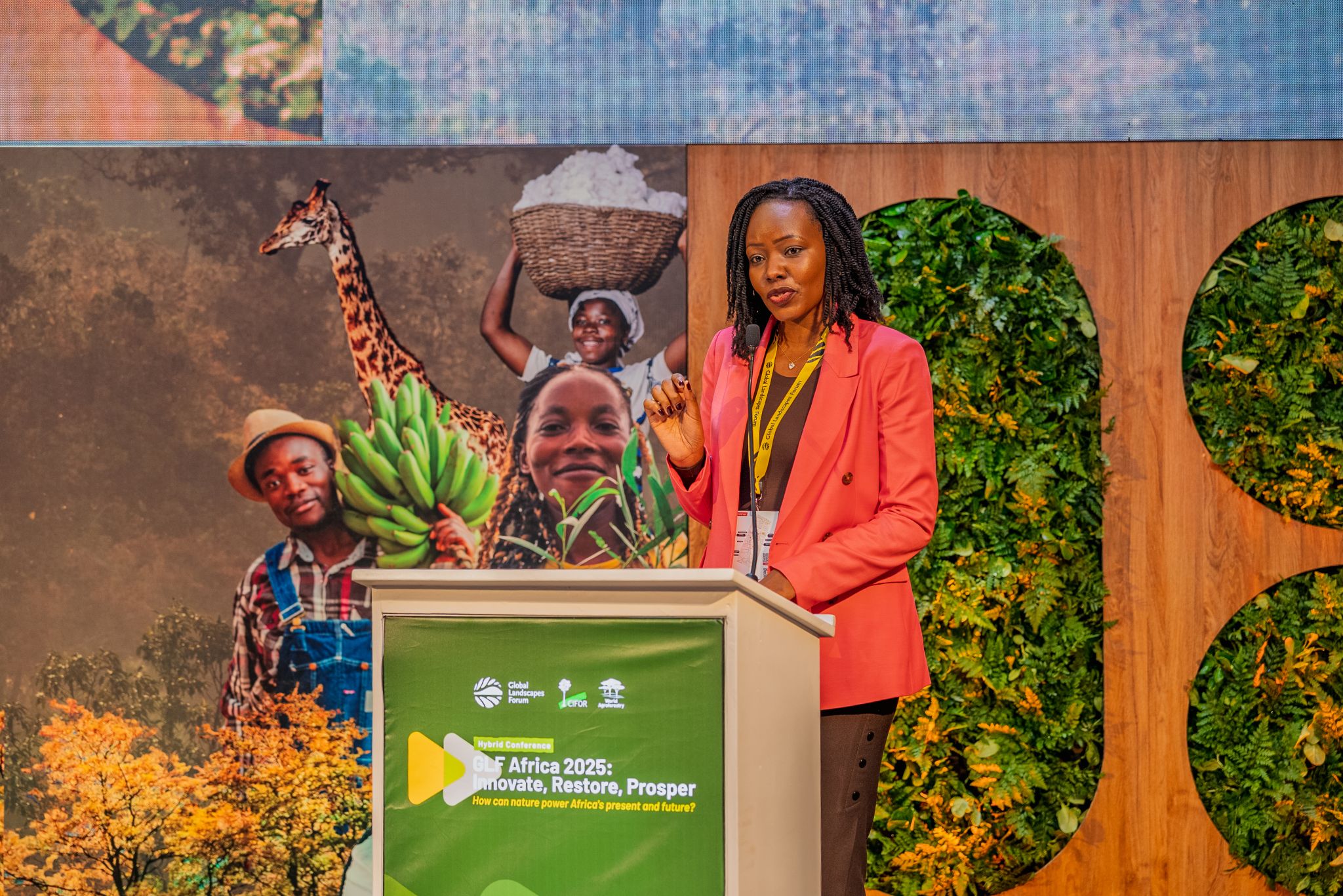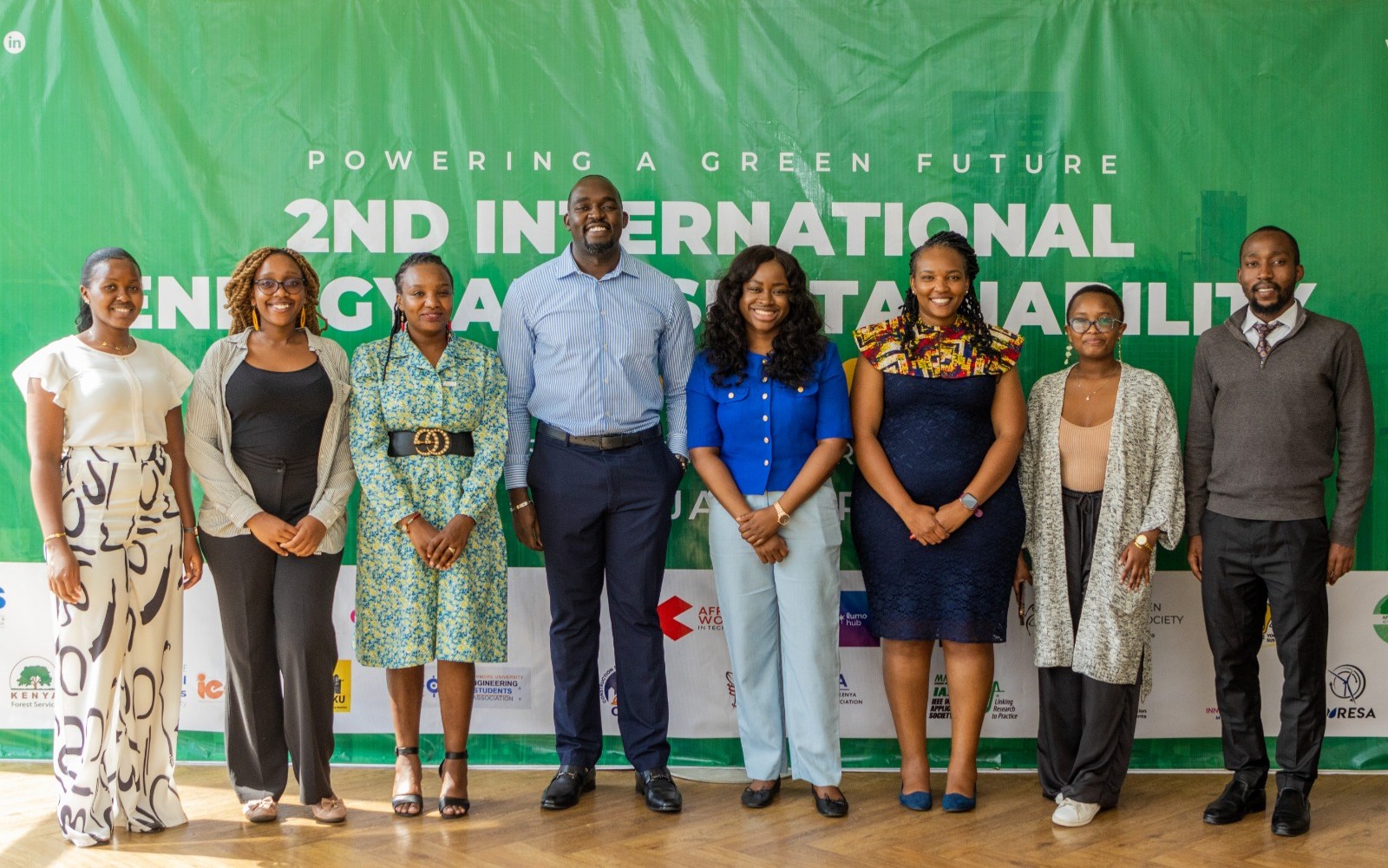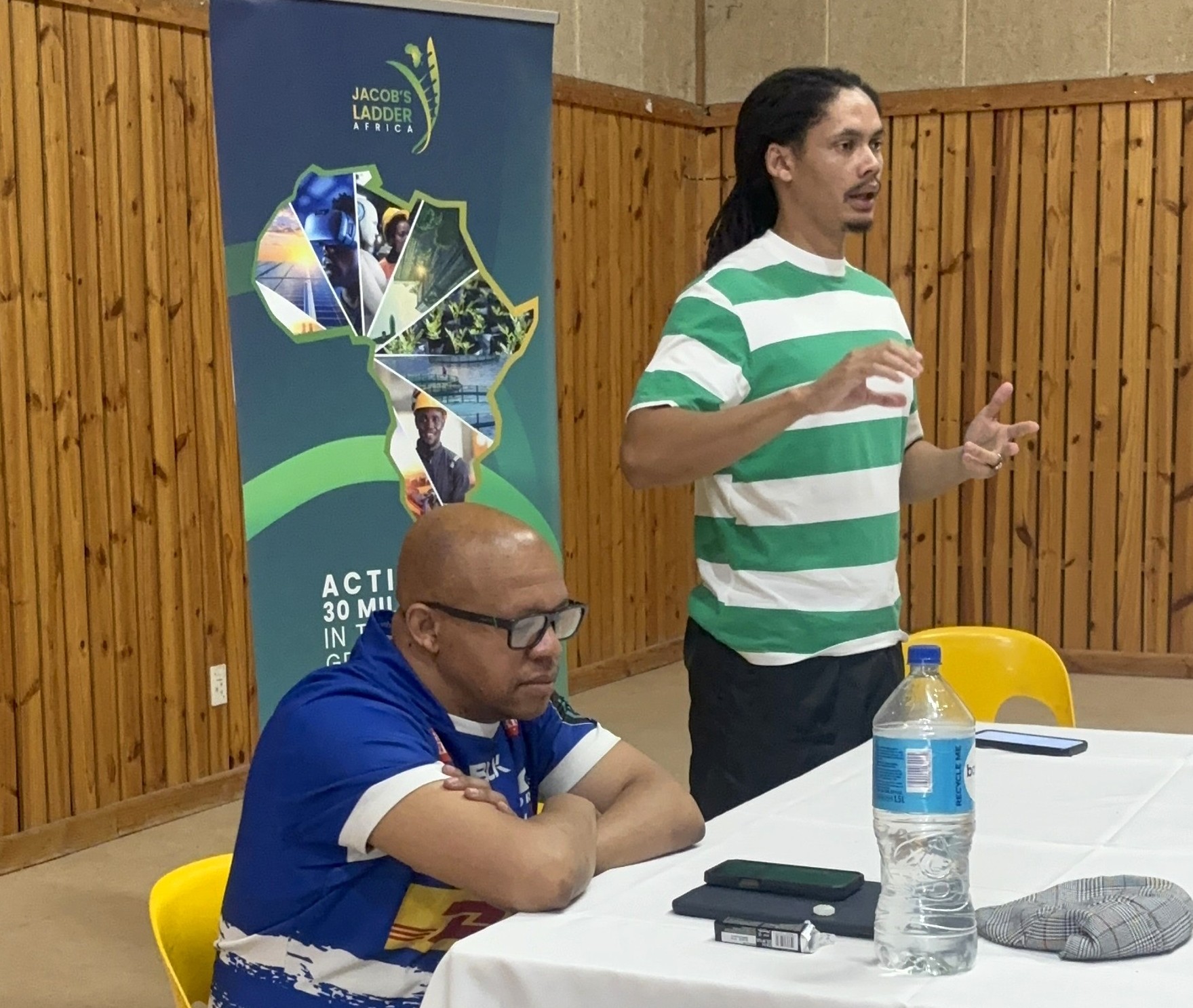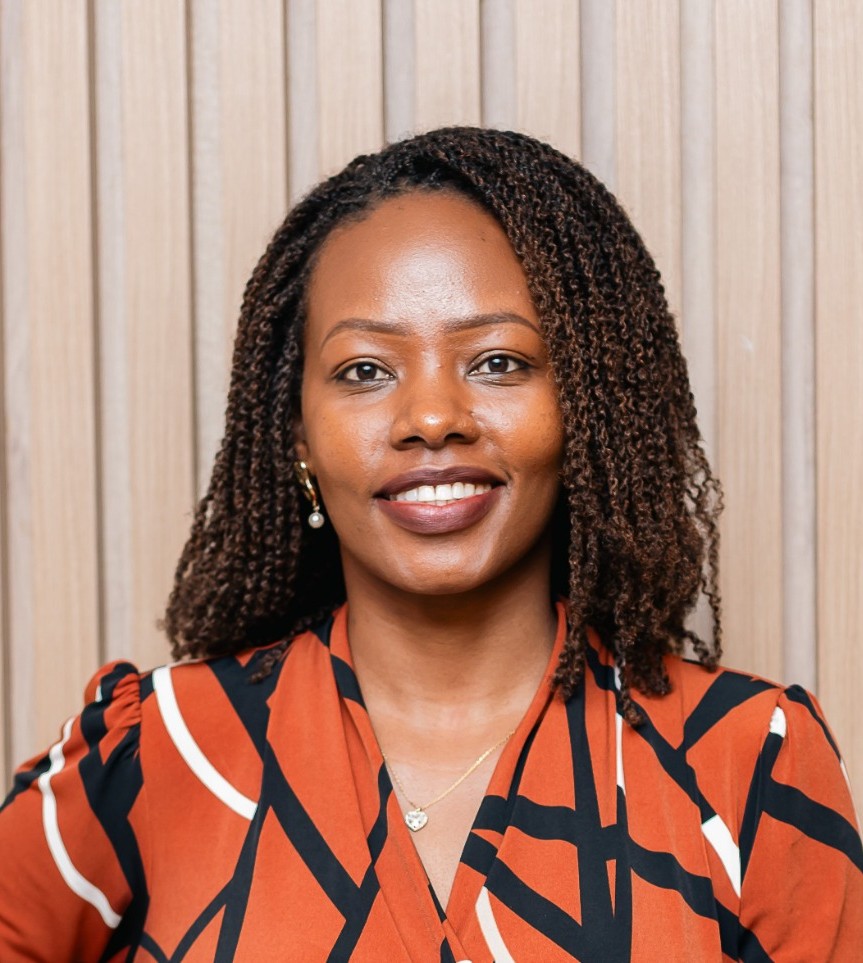On 19 June 2025, Jacob’s Ladder Africa (JLA) Co-Founder and CEO, Sellah Bogonko, HSC, joined over 10 million participants at the Global Landscapes Forum (GLF) Africa 2025 hybrid event. This pivotal gathering explored how Africa can build a thriving nature economy to tackle the continent’s triple crisis of land degradation, biodiversity loss, and climate change, while safeguarding healthy landscapes for future generations.
In her speech, Sellah delivered a powerful call to reimagine Africa’s development blueprint by rejecting outdated, externally imposed economic models and embracing a bold, regenerative, African-led approach. She argued that the current extractive, GDP-focused paradigm fails to harness Africa’s unique potential, highlighting the stark funding gaps for climate adaptation and green transitions as symptoms of a deeper vision gap.
Sellah urged a shift in perspective where Africa must be seen, as a continent of opportunity, boasting 60% of the world’s renewable energy potential, $6.5 trillion in natural assets, and the world’s youngest, most dynamic population, not as a recipient of charity. She called on investors, policymakers, and leaders to co-create a transformative, African-designed development model rooted in the continent’s strengths and aspirations.
JLA at the GO4SDGs Closing Meeting
On June 23rd, 2025, Jacob’s Ladder Africa proudly joined global changemakers at the Global Opportunities for SDGs (GO4SDGs) Closing Meeting. This high-level convening celebrated collective progress toward the Sustainable Development Goals through innovation, policy, and partnership.
Representing JLA was Co-Founder and CEO Sellah Bogonko, HSC, who showcased key success factors of the trailblazing, multi-sector platform hosted by JLA and supported by GO4SDG, the Alliance for Greening Skills and Opportunities Kenya (AGSO). Sellah shared insights from AGSO as a scalable country model for green jobs and skills development.
AGSO emerged from Kenya’s inaugural National Green Jobs and Skills Development Workshop in 2024 to unify previously fragmented efforts across government, private sector, academia, civil society, and youth.
Over the past three years, the partnership with GO4SDGs has focused on six flagship initiatives, namely: green jobs for youth, circularity in food, tourism, textiles and fashion and, financing and sustainable lifestyles. The partnership has been instrumental in shaping AGSO into a collective and coordinated greening success story, now poised for replication across other African countries.
JLA’s partnership with GO4SDGs to support the development of the Green Jobs Legislative Framework featured in the GO4SDGs final report. The partnership aims to strengthen institutional,legislative and regulatory structures for green job creation and youth skills development through its Green Jobs for Youth Pact (GJYP) which is an interagency partnership between the United Nations Environment Programme (UNEP), International Labour Organization (ILO) and the United Nations Children’s Fund (UNICEF).
GO4SDGs was launched in July 2020 by UNEP and the German Federal Ministry for the Environment, Nature Conservation, Nuclear Safety and Consumer Protection (BMUV). Its core mission has been to accelerate the achievement of the 2030 Agenda for Sustainable Development, with a focus on SDG 12 (Responsible Consumption and Production) and SDG 8 (Decent Work and Economic Growth). GO4SDGs has provided critical platforms for bridging global ambitions with regional realities, promoting solutions that foster synergies, minimize duplication, and maximize collective impact.
As GO4SDGs concludes its program, Kenya’s AGSO stands as a shining example of what’s possible when ambition meets collaboration and is proof that uniting sectors and stakeholders around green skills and jobs is crucial to driving meaningful, scalable change for Africa’s youth and the planet.
Access the GO4SDGs Final Report here:
https://online.fliphtml5.com/ktfov/oyys/#p=1
The GO4SDGs report is an invaluable resource for policymakers, development practitioners, and green economy champions working to advance circular economy initiatives, green jobs, and sustainable consumption strategies. It provides practical frameworks, lessons, and examples that can inform national and regional programs aiming to align economic development with sustainability goals.






